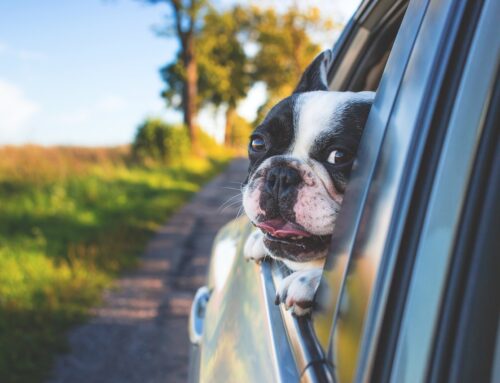Non-owner car insurance typically provides liability coverage, which includes property damage and bodily injury liability. This means that if you are at fault in an accident, your non-owner policy will cover the expenses related to the other party’s damages and injuries up to your policy limits. However, it may not cover the damages to the rental car itself.
Rental car company coverage
The rental car company may offer additional coverage options such as a Collision Damage Waiver (CDW) or Loss Damage Waiver (LDW), which can cover the rental car’s damages in case of an accident. If you have opted for these coverages, they will help cover the costs of repairing or replacing the rental car.
If the rental car sustains damage in the accident, and you don’t have additional coverage like a CDW or LDW, you may be responsible for paying for the repairs or the car’s value if it’s considered a total loss. This cost can be significant, so it’s essential to clarify your insurance coverage beforehand.
Some credit cards offer rental car insurance as a benefit. It’s worth checking if your credit card provides coverage for physical damage to rental cars when used for payment. However, the coverage may have limitations and exclusions, so it’s important to review the terms and conditions.
Final thoughts
If you have non-owner car insurance and get into an accident while driving a rental car, your policy will likely cover the other party’s damages and injuries. To cover the rental car’s damages, make sure to purchase additional coverage from the rental car company. Always communicate with both your insurance provider and the rental car company to ensure a smooth resolution to the situation.


